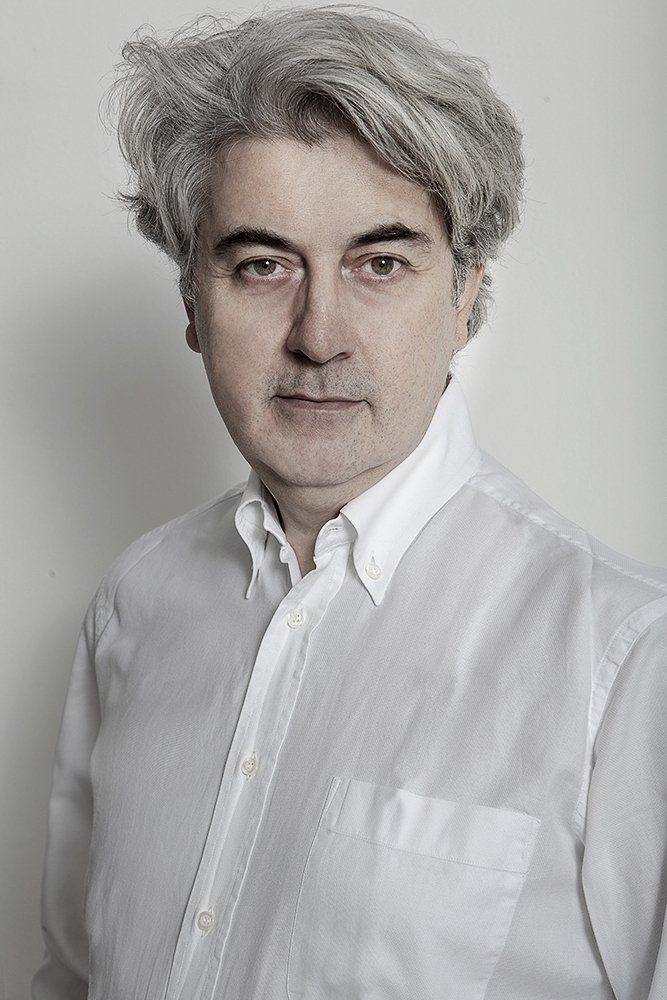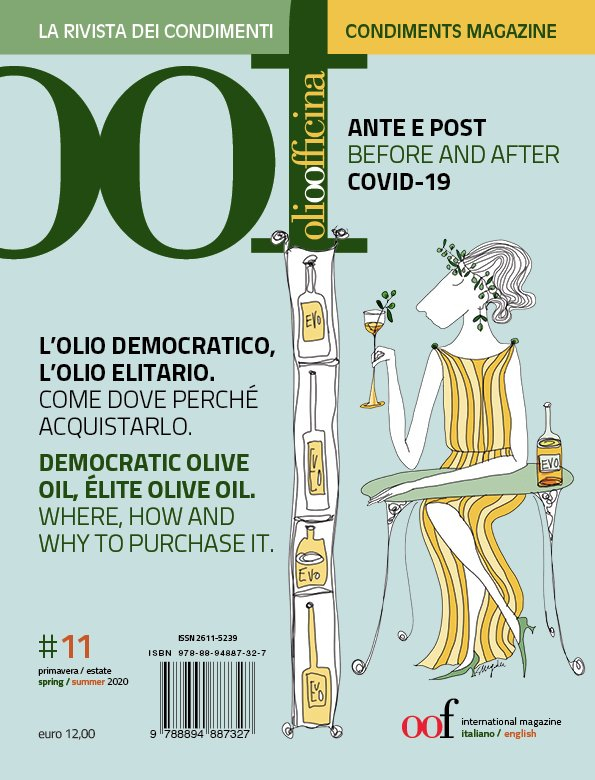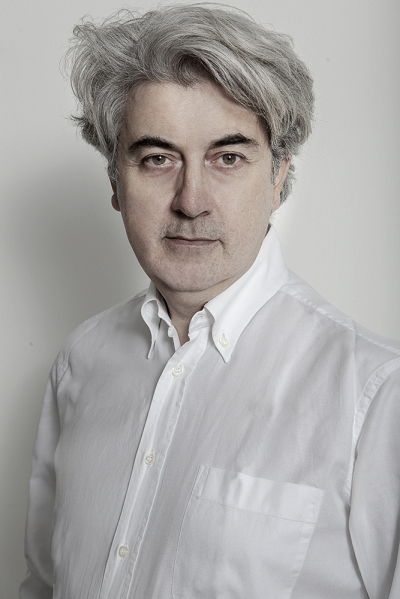
We report the editorial by the director Luigi Caricato which appeared within the number 11 of OOF International Magazine. Enjoy the reading.
Some time in mid-February, a few days after the ninth edition of the Olio Officina Festival had finished, I suddenly became aware that profoundchanges were taking place. This feeling returned, even stronger, in the first days of March. As we faced the brutal truth, we saw all our certainties tumble down before us. The arrival of Covid-19 radically disrupted our personal and social lives. What was happening was unimaginable, sudden, unexpected, drastic and dramatic, to the point that we started to view the future as fraught with uncertainty. At times we even lost hope. Ours was a collective fear, involving all continents and all peoples. We were terrified, and, apart from the tragic loss of life, our survival instinct helped us find the strength to resist, without surrendering to despair and defeat. It hasn’t been easy, and it’s not over yet. We don’t know what will happen to us. Meanwhile, no one will ever be able to forget the widespread suffering, the terrible numbers of victims, or the utter desperation on people’s faces at the height of the pandemic.
The arrival of the virus radically changed our world. It will also have repercussions for the future, leaving businesses in the grip of a crippling crisis whose after-effects will be with us for years to come. Consequently, we all now sense a distinction between life before and life after Covid-19, and although it may seem too early to talk about the “after” – we can’t be sure that everything is over –, we need to make sure that everything is ready for a fresh start. We need to plan for the future, and not to go forward while looking back.
Everything was swept away by this wave of destruction. In our case, for example, we were ready to go to press with issue 11 of OOF International Magazine. Already at the typesetting stage, we stopped work and began to completelyrevise the copy, and even the images. Despite this, our main theme remained the same: “Democratic oil, elitist oil. How, where and why to buy it”.
In the meantime, however, we also decided to drop various articles that had already been written; overnight they had become anachronistic, out of place. Publishing a survey on the criteria adopted for the purchase and consumption of extra-virgin olive oils in new and traditional markets no longer made any sense, not least because everything is now set to change. We needed to reinvent ourselves. We were shocked, of course, but perhaps this overturning of reality as we knew it also had a positive side. Thatunique,special product which is extra-virgin olive oil, despite having won over new consumers in new markets, was not in great shape, and was suffering from wounds both internal and external, visible and invisible. On this subject, please read the highly critical piece by the scientist Francesco Visioli, who explains what condition we were in and outlines what changes need to be made and what action taken. I’m convinced, however, that the changes set to affect us from now on should not only be seen in a negative light. We’re going to be experiencing years of crisis, the economy will suffer, and life will change for everyone (except for those whose resources are matched only by their selfishness), but one thing is clear: such a radical change forces us all to reflect and reassess what kind of people we were, to examine our own behaviour, both as individuals and towards others. Change is necessary, and perhaps this collective drama is the perfect opportunity to embark on a new journey.
This is a revolution, and while on the one hand it has led to great suffering, on the other it can serve as a means of purification and improvement, encouraging us to adopt a new perspective. In the specific case of extra-virgin olive oil, the market was sluggish and despondent, especially in the production areas of southern Europe, due to prices – both of unbottled olive oil and of the product on the shelves – which were depressing to say the least. Consumers are not always aware of the product’s intrinsic value, nor do they know how to distinguish a high-quality from a medium or entry-level olive oil. For highly complex reasons – partly due to speculation by a few unscrupulous people, partly to a lack of long-term planning, partly to a lack of product knowledge – the value of a noble, highly nutritional and healthy raw material had been lost over the last few years, despite the fact that in two millennia of olive oil extraction there had never been such commitment to achieving high, durable quality as well as variety. In the new market scenario, large-scale distribution plays a central role, for better and for worse. On the one hand, it must be credited with having popularized (or rather, democratized) olive oil as a product, allowing its use on a large scale and at affordable prices across the social spectrum. On the other, those same distribution chains have impoverished and cheapened extra-virgin olive oil, stripping it of all its intrinsic, iconic value, selling it at a loss in non-stop promotions, and turning it into a “reel-them-in product”, good only for attracting (and deceiving?) the consumer.
This mad, desperate,short-sighted race for promotion at the product’s expense leads us to suspect that the buyers at large-scale retailers are essentially unable to manage the goods. The adoption of commercial policies based solely on price backfire against the supermarkets themselves; in the end, it turns out to be an economically infeasibleand suicidal strategy all round. As a result, we are witnessing a paradoxical situation: those who had the merit of popularizing the consumption of extra-virgin olive oil over the last three decades are now destroying what they achieved, partly through negligence, partly through ignorance, and partly through arrogance. Nevertheless, the “democratization” of oil has been a hugely important sign of social progress. Making it available to everyone has brought health benefits for society, since extra-virgin olive oil is an effective form of preventive medicine. We thus need to grasp these new opportunities, starting with the freshperspective offered by this pandemic, and review the market system in order to prise extra-virgin olive oil from the clutches of mismanagement and ignorance. In issue 11 of OOF International Magazine– which marks an important step for us, because we are shifting from quarterly to six-monthly publication – we are looking to offer new options and interpretations. Our goal – which is far from easy, so we hope we have succeeded – is to encourage best practices in the management of a product that increasingly deserves greater expertise and professionalism from all interested parties. This means also catering to the needs of professional users such as chefs and restaurateurs, and, in particular, always keeping consumers’ interests at heart. Because, let’s not forget, however negative something may be, it can be transformed into something positive.

To comment you have to register
If you're already registered you can click here to access your account
or click here to create a new account


Comment this news